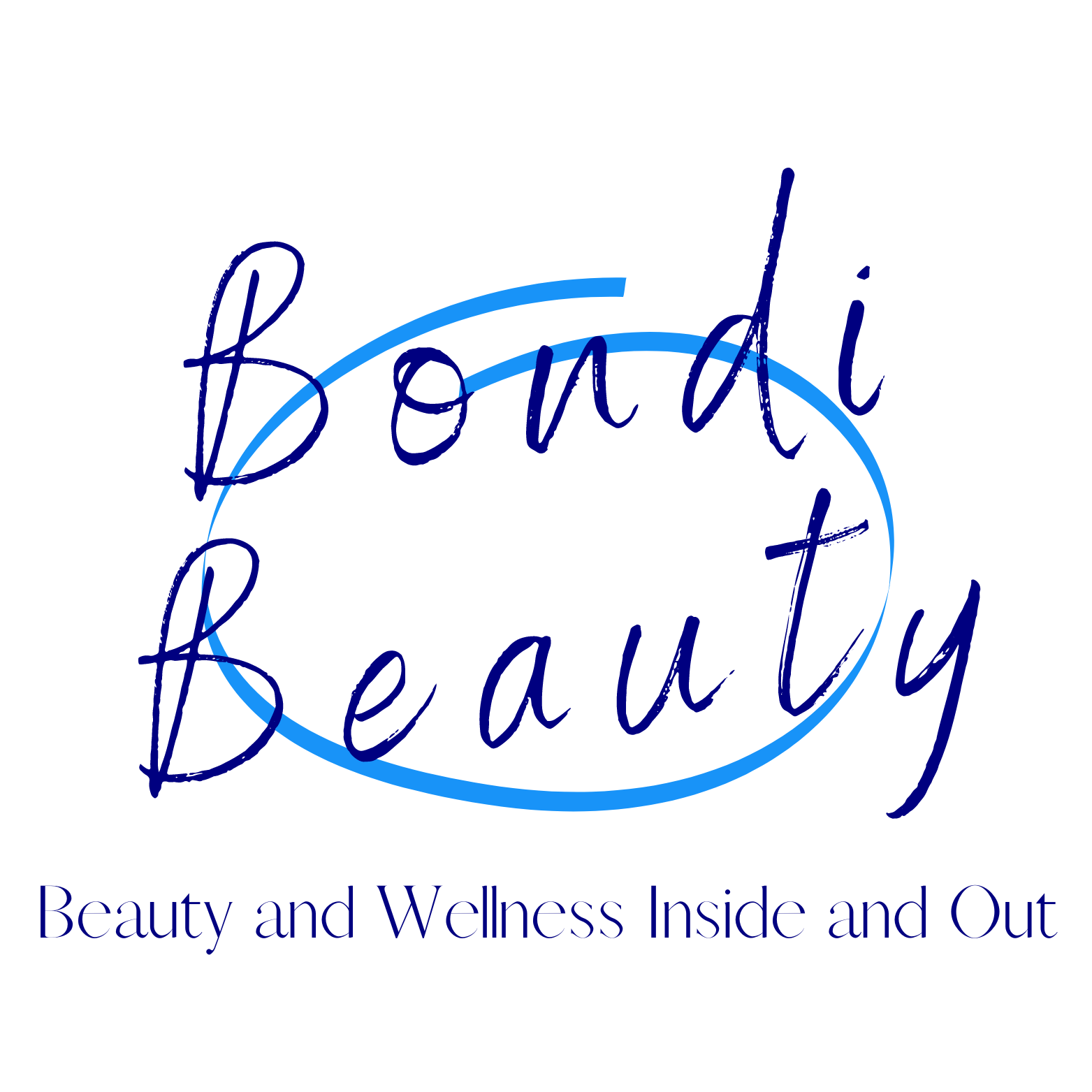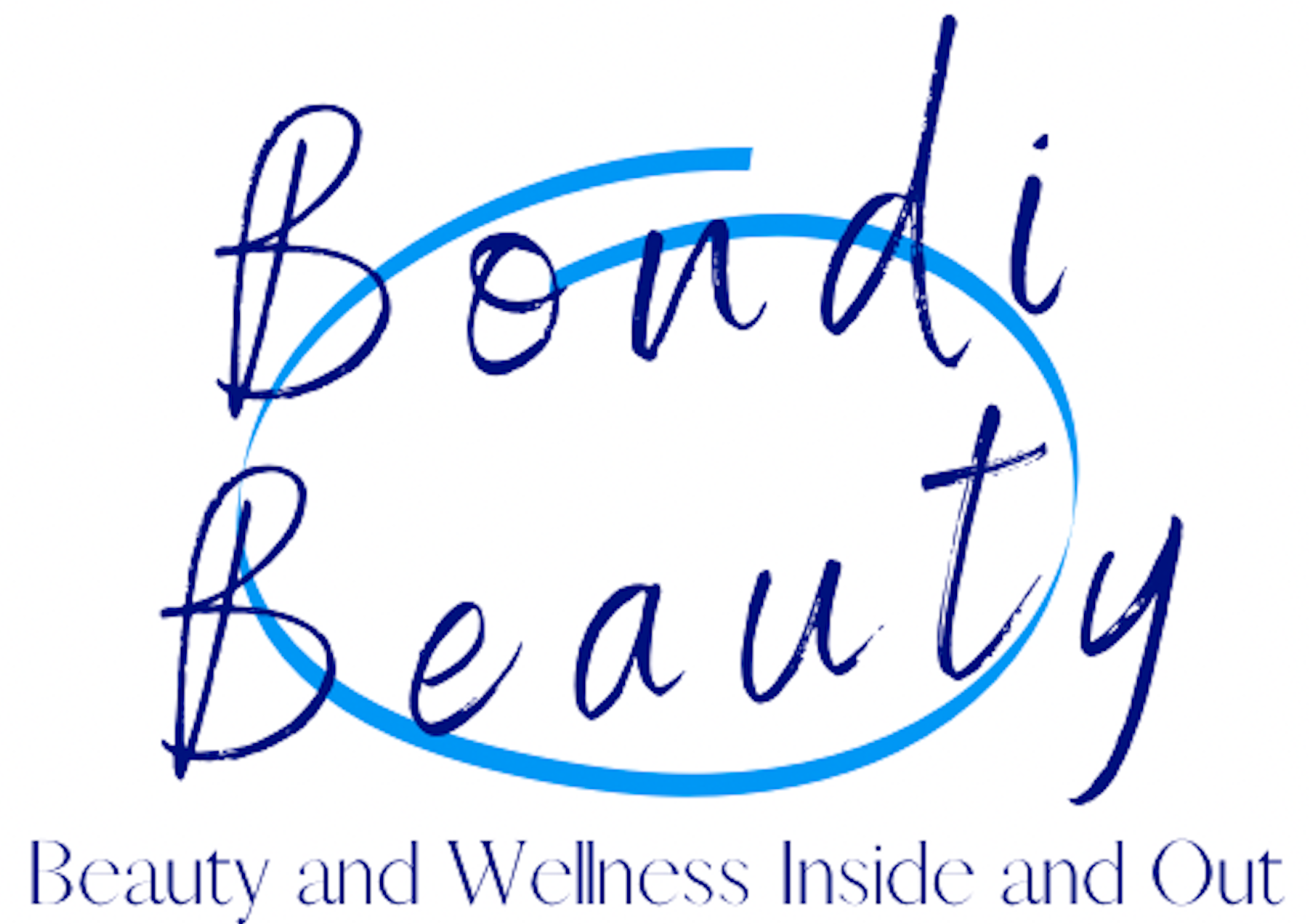According to new studies, poor oral hygiene can lead to mouth pain, gum inflammation, decreased blood sugar regulation and stress; all of which affect your sleep.
When your head hits the pillow at night, if your last thought is of desperately hoping for a good night’s sleep, you’re not alone. When you sleep well, you wake feeling refreshed, revitalised and motivated. But new research by the US National Institute of Health has shown around 78.3 per cent of the population are suffering from a bad night’s sleep and it’s all due to bad kept mouth hygiene.
We spoke to Sydney-based holistic dentist Dr Lewis Ehrlich from the Sydney Holistic Dental Centre on the affects bad mouth hygiene can have on your sleep and how to resolve these issues.
Holistic dentistry is nothing new. But, if you’ve never heard of it, it’s when a dentist treats more than just the dental hygiene of a patient. They work with clients in treating all of their health issues. They work closely with dieticians, meditation specialists, nutritionists and other holistic practitioners, to help treat the overall wellbeing and wellness of a patient.
“What many don’t realise, is healthy digestion starts with the mouth, not the gut. And with the massive increase of gut health awareness now, there seems to be a decline in our attention to mouth hygiene.
Your mouth gives you an idea when something is wrong with the body. Like gum bleeding, bad breath and tooth decay. So, when your mouth hygiene is off, the rest of the body starts to struggle with general digestion and overall health.
For women even problems falling pregnant or bad erectile disfunction in men can be due to oral health. There have even been cases, where bad mouth hygiene has led to either oral cancer or even breast cancer.”
Oral cancer is now the tenth most common cancer around the world. And although studies have linked oral cancer to excessive drinking and smoking, more recent research has shown bad diet and digestion increases your chances OF getting oral cancer.
“But, we shouldn’t just be looking at the foods we eat. Bad mouth breathing can also contribute to bad mouth hygiene.
When you breath through your mouth instead of your nose, not only is there no filtration for the bacteria being breathed in, organs other than your lungs contract and breath causing potential internal trauma.
This is Trauma your organs are not naturally equipped for. The result is an increase of health risks, whilst the body tries to compensate.
Breathing through the mouth means bacteria is filtered through the nose to prevent from entering the body and little to no trauma is caused for your organs.”
There are many ways to help combat a bad night’s sleep, and not just through good mouth hygiene. Here are four recommendations by Dr Ehrlich to help you achieve a better night’s sleep.
- Introduce Vitamins A, D, E and K into your diet to provide essentials vitamins for good teeth and gum health.
- Crunchy foods like carrots, celery and cucumber are great for oral health as they produce healthy saliva which naturally fights bad bacteria in the mouth.
- Floss at least twice a day. This will keep keep gums and teeth clean and also promotes oxygen and blood flow.
- Additionally, do not neglect your dental visits and book an appointment now to get deep teeth cleaning with the dentists.
- Breath through your nose. Try using a meditation app before going to sleep to help you focus on breathing through your nose instead of your mouth.















